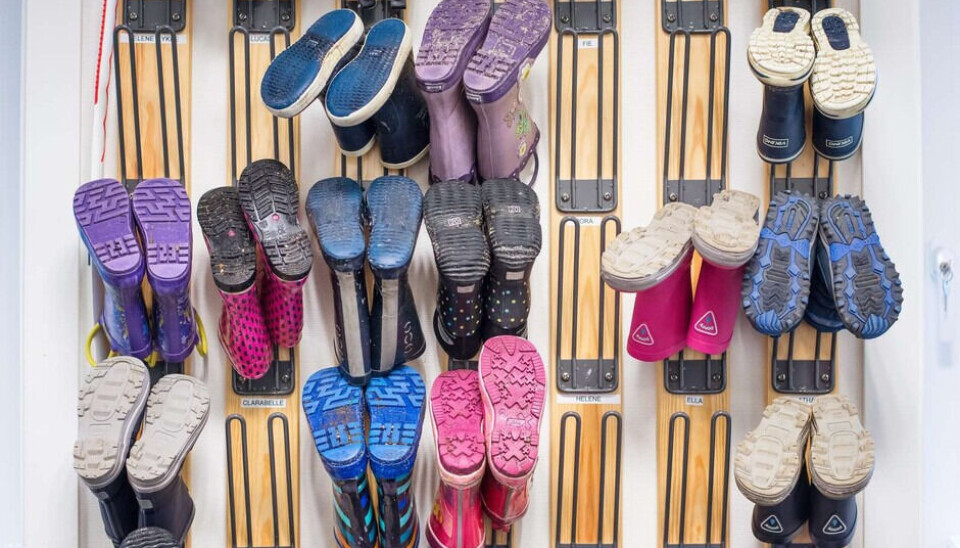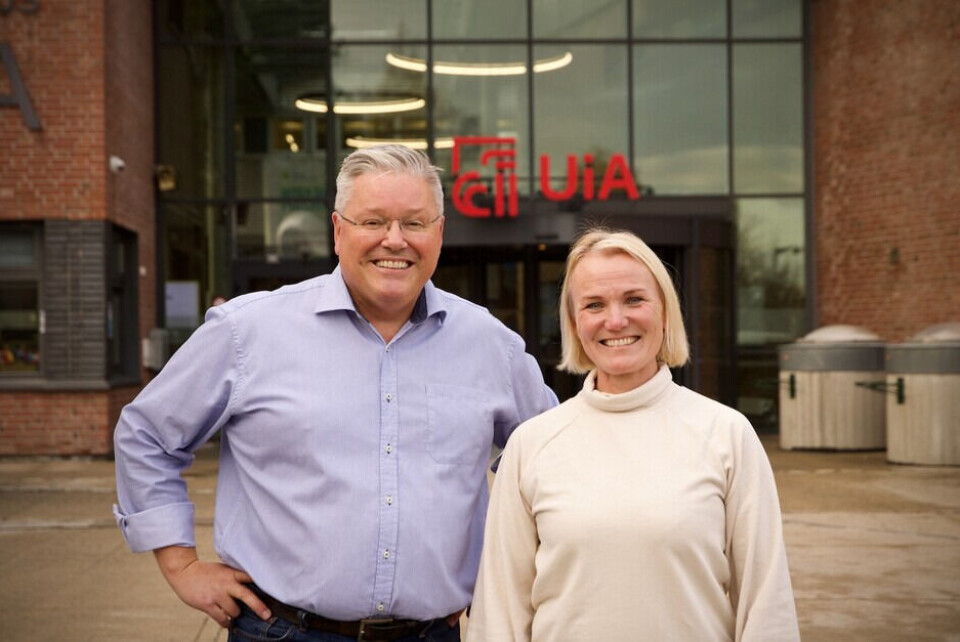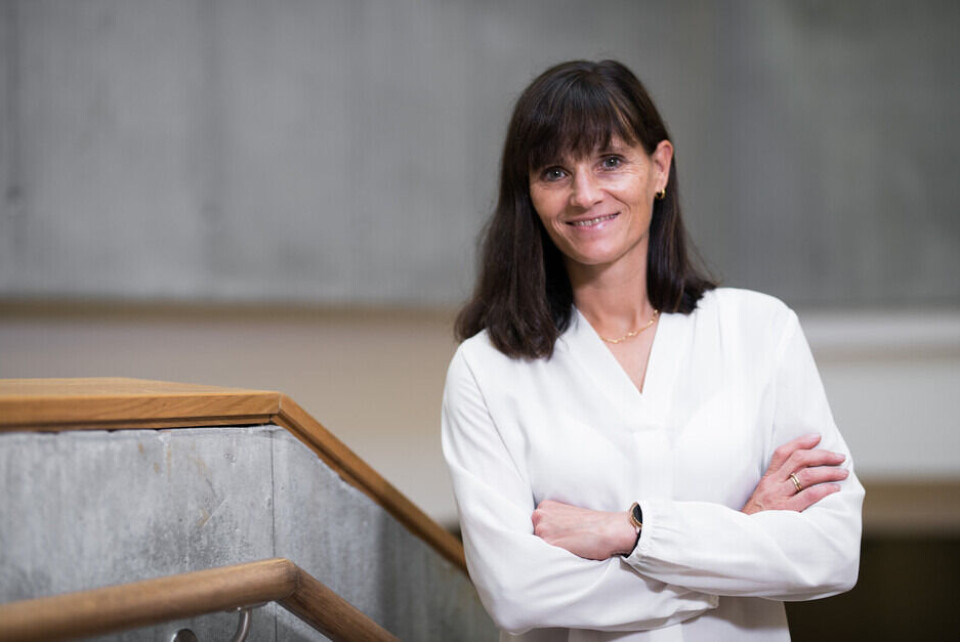THIS ARTICLE/PRESS RELEASE IS PAID FOR AND PRESENTED BY THE University of Agder - read more

Managers in schools and nurseries report that they have little power
A new study shows that over a third of school and nursery managers in Kristiansand are managers only in name.
36 per cent of managers in schools and nurseries in the Norwegian municipality Kristiansand report that they have little power and authority to make decisions, and that they are only asked to report on results to a small extent.
This emerges from a survey conducted by the Centre for Local Government Studies (SAKOM) at the University of Agder (UiA).
“If two people in the same role perceive that they have different decision-making authority, then things do not work effectively. With municipal finances the way they are, no one can afford to lose capacity among their staff like this,” says researcher Linda Hye at UiA.
She leads the research project titled ‘En handlingskraftig oppvekstsektor’ (an active sector for childhood and youth). It is a three-year collaboration between Kristiansand municipality and SAKOM. OsloMet and the University of Stavanger are also participating in the project.
“It is quite astounding that so many leaders keep still and watch while things go one way or the other. If you do not have active leaders who make use of their room for manoeuvre, the organisation will not realise its potential,” UiA professor Morten Ødegård says.

Exploring the prerequisites for leadership
Kristiansand municipality has launched a framework for quality and mastery. Among other things, it states that all children and young people should feel included in the community.
As part of achieving this, the municipality has entered into a collaboration with SAKOM to explore the organisational prerequisites for leadership in nurseries and schools.
One of the most important findings so far is that there are large differences in how leaders in schools and nurseries perceive things such as their own power and authority, their financial room for manoeuvre, a pressure to perform, and organisational support.
The challenge, according to the researchers, is that too much attention is paid to the individual leader’s competencies when the organisation around them is what sets the framework for them to be good leaders.
“Rather than talking about what good leadership is, we should talk about the prerequisites and conditions that must be in place for leaders to succeed. There are national education programmes for school principals and nursery managers, and mentoring schemes and leadership coaching courses are set up. But if the leaders do not feel that they have the power to act, then such measures are pointless,” Hye says.
The researchers at SAKOM have previously conducted a major survey of municipal middle managers in Norway - including school leaders. They found, among other things, that middle managers in the public sector are motivated more by challenges and mastery than by salaries.
“Unique opportunity for Kristiansand”
Hye and Øgård praise the municipality of Kristiansand for being open to working with difficult questions.
“It is ambitious of the municipality to adopt such a goal, and it is important work for us to be part of. As a regional university, we are committed to contributing to the region, and this is a great opportunity for the municipality and the university to be on the same team,” Øgård says.
Kristin Eidet Robstad, director of children and youth services in Kristiansand, says that the collaboration with SAKOM offers the municipality a unique opportunity to work systematically with leadership development.
“We know that if we are to succeed in creating quality in the education system and increase children and young people’s well-being and learning, the strategies and measures we develop must be knowledge-based. We also know that clear management and leadership at all levels is crucial to success,” she says.
“The fact that this work involves our leaders both in the mapping, analysis and development of measures, is something we believe will contribute to ownership, innovation and lasting learning in the organisation. Through this collaboration, the municipality also wants to contribute to making the research and management education at UiA even better,” Robstad continues.

More municipalities want to join
UiA is in dialogue with several other municipalities in the region about similar projects. The researchers emphasise that this is not a model where the municipality makes an order, and the university implements.
“Leaders in schools and nurseries cannot create their own room for manoeuvre. This is something the senior managers in local government must commit to work on”, says Hye.
The project has also attracted attention across national borders. The Swedish Association of Local Authorities and Regions is interested in conducting similar surveys in Swedish municipalities as part of their efficiency improvement project.

This article/press release is paid for and presented by the University of Agder
This content is created by the University of Agder's communication staff, who use this platform to communicate science and share results from research with the public. The University of Agder is one of more than 80 owners of ScienceNorway.no. Read more.
See more content from the University of Agder:
-
Research paved the way for better maths courses for multicultural student teachers
-
The law protects the students. What about the teachers?
-
This researcher has helped more economics students pass their maths exams
-
There are many cases of fathers and sons both reaching elite level in football. Why is that?
-
How we used plants to protect ourselves from evil
-
What is it like for nurses to promote health behind bars?




































